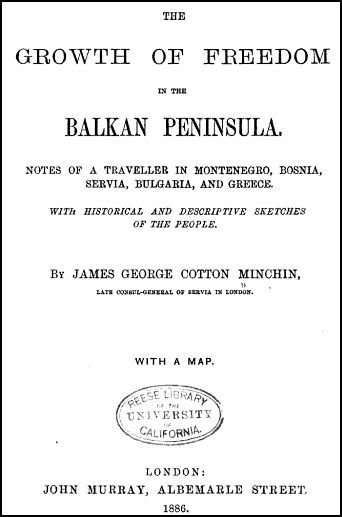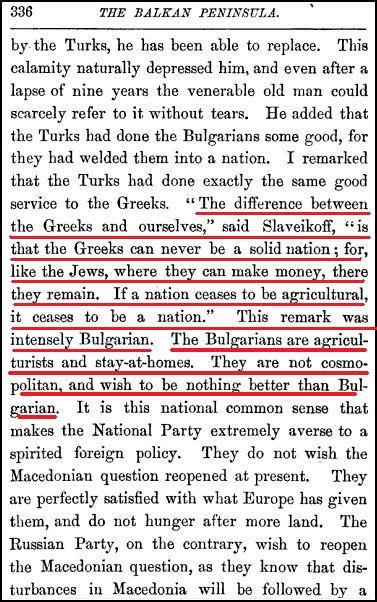Originally posted by Soldier of Macedon
View Post
I agree only to a point because I believe they did have Mongols there but the Mongols assimilated with the Bulgars. I know a Bulgarian girl who even agreed that she has Mongol features, especially her brother... Considering the Mongol Empire did in fact stop very close to upper Bulgaria it wouldn't seem too odd considering they have the features to support it. Now obviously, it doesn't mean all Bulgarians are ethnic Mongols for the same reason the people from Russia and the middle east aren't Mongol either

Edit:

Here's a map where they actually stop just before Bulgaria but I have seen maps where they go through however it's not that important..
 , but people are discussing the same thing but in different time periods which is where the misunderstanding is coming from.
, but people are discussing the same thing but in different time periods which is where the misunderstanding is coming from. 





Leave a comment: